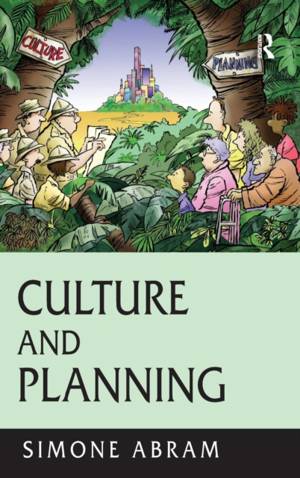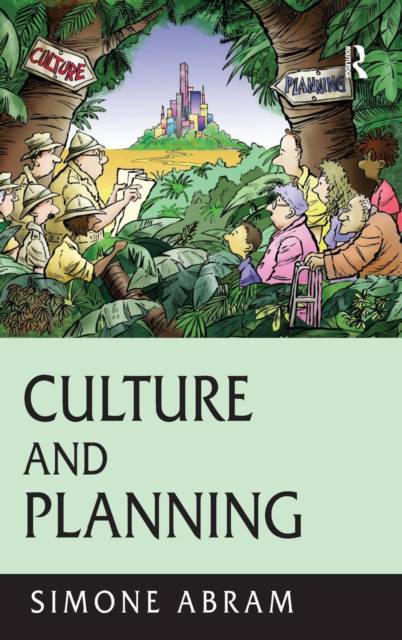
- Afhalen na 1 uur in een winkel met voorraad
- Gratis thuislevering in België vanaf € 30
- Ruim aanbod met 7 miljoen producten
- Afhalen na 1 uur in een winkel met voorraad
- Gratis thuislevering in België vanaf € 30
- Ruim aanbod met 7 miljoen producten
Zoeken
Omschrijving
In planning debates, culture is often treated as a fixed element, either as a quasi-economic resource or as a category of behaviour. Yet a wealth of research and analysis is available that moves the spotlight from the question of what culture is, towards understanding what we are doing when we talk about culture. This book brings that focus to planning research, examining culture as a socio-historical concept, and introducing a line of scholarship, both established and recent, to show what 'culture' does and why. Illustrated by case studies from planning contexts, it addresses the materialisation of abstract concepts, performance and embodiment, and social categorisation. In doing so, it shows how a deeper understanding of culture can offer new insights into the challenges that planners and planning theorists face. While Culture and Planning is aimed primarily at planning theorists, professionals and students, it has equal relevance for students of human geography or sociology and is accessible to a wider readership. In effect, it opens up the field of planning to a new realm of research, enabling readers to think beyond the bounds of what they know about planning, and to think about what they may, or may not, know about culture.
Specificaties
Betrokkenen
- Auteur(s):
- Uitgeverij:
Inhoud
- Aantal bladzijden:
- 170
- Taal:
- Engels
Eigenschappen
- Productcode (EAN):
- 9780754677222
- Verschijningsdatum:
- 28/10/2011
- Uitvoering:
- Hardcover
- Formaat:
- Genaaid
- Afmetingen:
- 156 mm x 234 mm
- Gewicht:
- 426 g

Alleen bij Standaard Boekhandel
+ 580 punten op je klantenkaart van Standaard Boekhandel
Beoordelingen
We publiceren alleen reviews die voldoen aan de voorwaarden voor reviews. Bekijk onze voorwaarden voor reviews.











